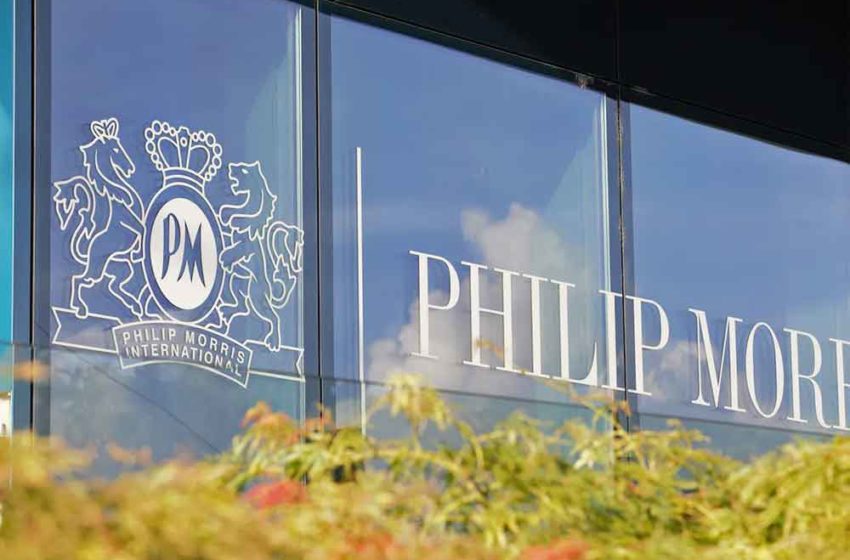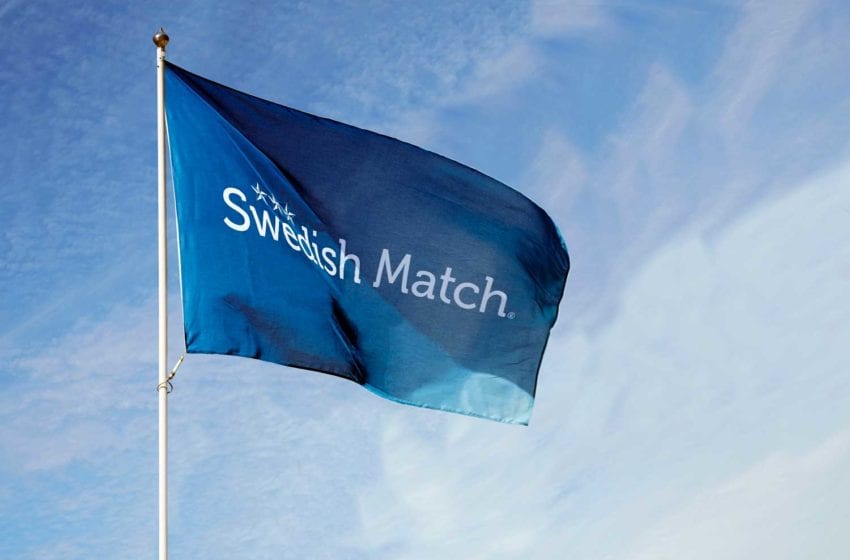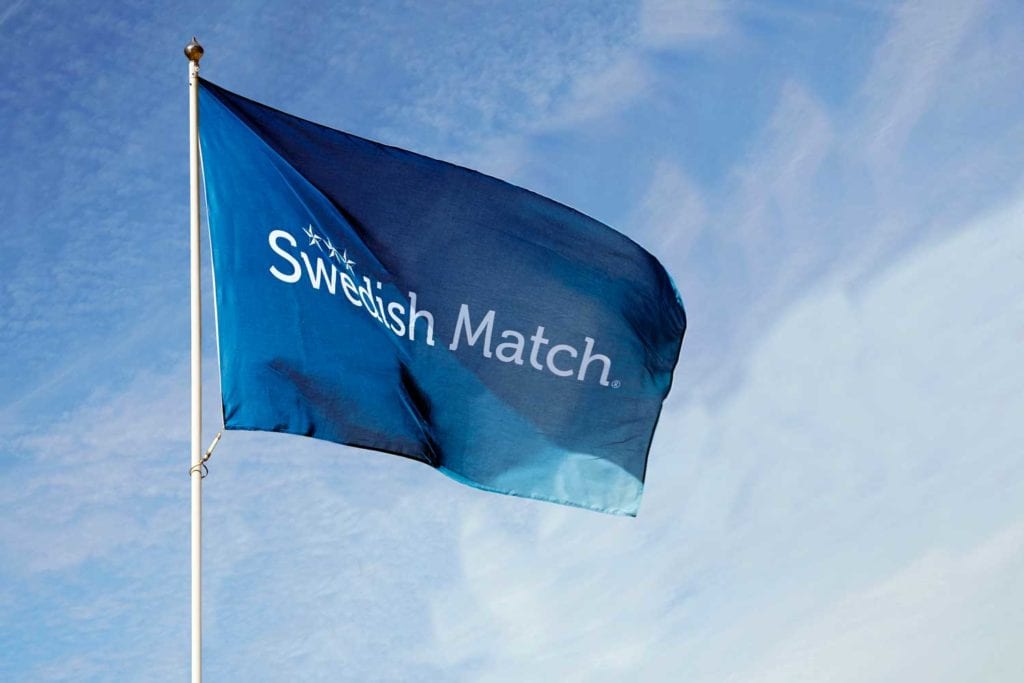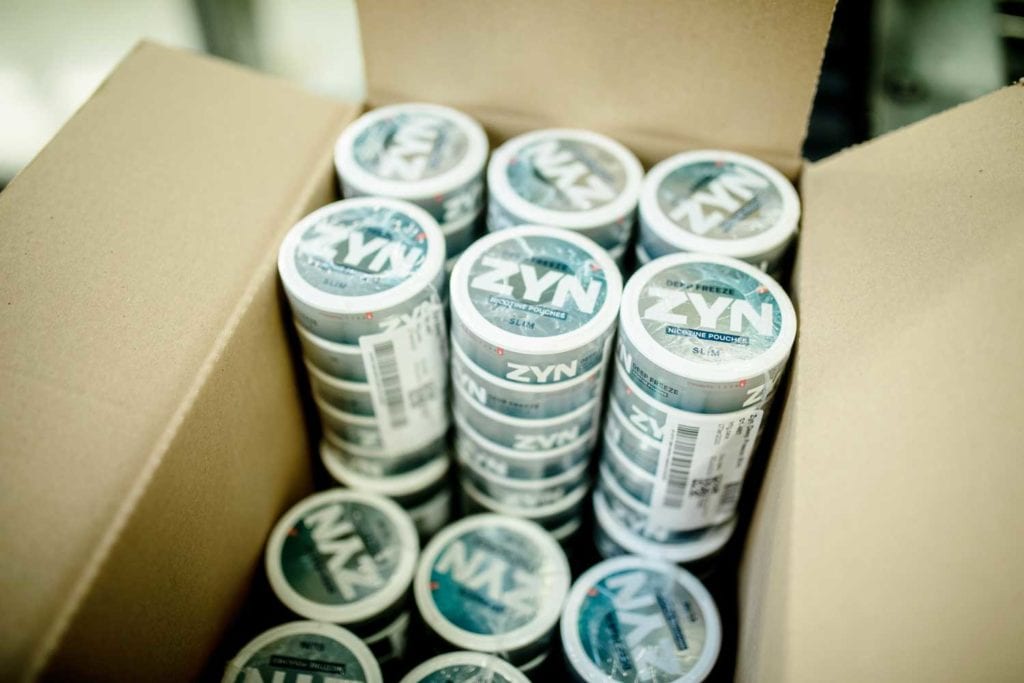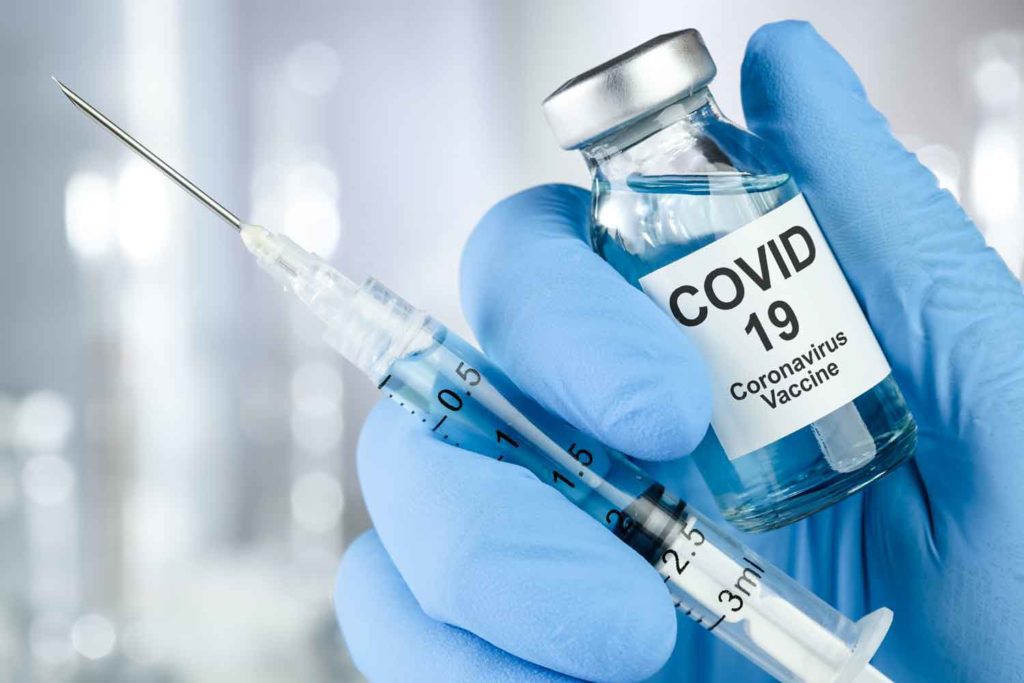
The government of Quebec wants to help Medicago replace its shareholder Philip Morris International with another investor so that the biotech firm can distribute its Covifenz Covid-19 vaccine internationally, reports CTV News.
In February, Health Canada approved Covifenz, a tobacco plant-based coronavirus vaccination developed by Medicago and GlaxoSmithKline, for adults aged 18 to 64. In December 2021, the company said its two-dose vaccine was 71 percent effective in preventing Covid-19 infections, according to a large study that included several variants.
However, in May, the World Health Organization rejected Covifenz, citing Medicago’s firm’s links to PMI, which owns 21 percent of Medicago shares. Article 5.3 of the WHO Framework Convention on Tobacco Control obliges parties to ensure that their policies are protected “from commercial and other vested interests of the tobacco industry.”
The Canadian government has signed a contract to purchase up to 76 million doses of Covifenz. Canada had planned to donate any excess vaccines to low-income countries through the Covax vaccine-sharing alliance. Since the WHO has denied Medicago’s request, Canada will not be able to donate doses of Covifenz.
Quebec Economy Minister Pierre Fitzgibbon has been talking with Medicago’s other shareholder, Mitsubishi Tanabe Pharma, about the possibility of buying out PMI. Mitsubishi has asked the Quebec government for support so that Medicago’s vaccines “can receive a favorable reception from the WHO and be marketed on a large scale,” according to a recent entry in the Quebec Registry of Lobbyists.
Canadian health groups applauded the efforts to replace PMI as a major shareholder.
“Philip Morris’s involvement in Medicago is the main obstacle to widespread international distribution of the plant-based Covid-19 vaccine,” said Flory Doucas of the Quebec Coalition for Tobacco Control in a statement. “Medicago has previously signaled that alternative investors would help facilitate this outcome. Quebec’s intentions to buy out Philip Morris’s shares from Medicago is the logical path to the eventual approval for this vaccine by the World Health Organization.”













